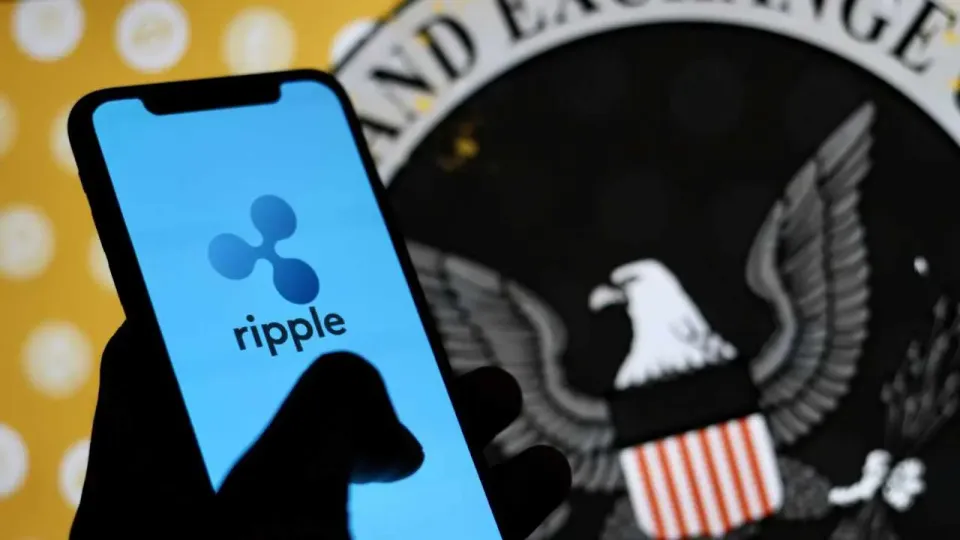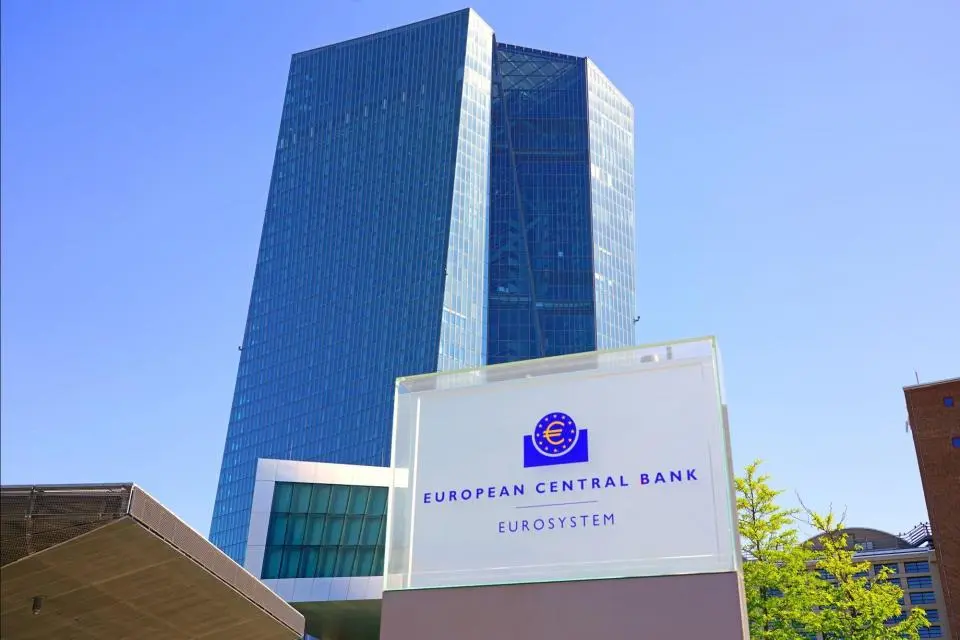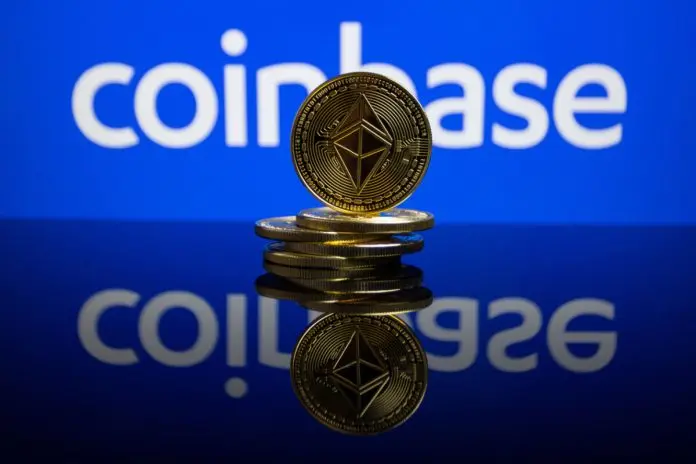Ripple’s Case Bodes Well for Other Crypto Companies Battling SEC
In a pivotal moment last week for a closely followed legal battle within the cryptocurrency sector, a U.S. federal judge ruled that Ripple Labs Inc. must pay a civil penalty of $125 million for offering its XRP token to institutional buyers without SEC registration. This sum was significantly less than the $2 billion sought by the SEC, potentially signaling a positive precedent for other cryptocurrency firms facing similar legal challenges.
The controversy began in December 2020 amidst the pandemic when the SEC filed a lawsuit against Ripple and its key executives, co-founder Christian Larsen and CEO Bradley Garlinghouse. The agency accused them of creating an "information vacuum" which facilitated the sale of over $1 billion in XRP to a market lacking comprehensive data about the digital currency.
This lawsuit galvanized support for Ripple within the crypto community, with more than a dozen industry groups, such as the Chamber of Digital Commerce and the Blockchain Association, expressing their backing in letters to U.S. District Judge Analisa Torres.
Since the lawsuit, the SEC has initiated actions against several other crypto entities, including Terraform Labs, Binance Holdings Ltd., and Coinbase Inc. The Ripple case, however, has been seen as a potentially defining battle that could establish whether cryptocurrencies are considered securities that must be registered with the SEC.
The SEC argued that under the Howey test—stemming from a 1946 Supreme Court decision—a security involves an "investment of money in a common enterprise with profits expected from the efforts of others." Ripple countered, stating XRP sales in the secondary market did not meet this definition as there was no profit pooling.

In July 2023, Judge Torres ruled that XRP is a security when sold to institutional investors but not to the general public. She highlighted that there was no indication that retail buyers anticipated sharing in Ripple’s profits, noting many transactions were conducted anonymously via automated trading platforms.
This decision was broadly interpreted as a limitation on the SEC's reach, although the agency viewed it as a reinforcement of its regulatory framework applicable to digital currencies.
The SEC also sought more than $876 million from Ripple disgorgement, with interest towering above $198 million, and an additional $876 million in civil penalties due to the company’s increased cryptocurrency sales post-lawsuit and alleged disregard for legal compliance.
Judge Torres granted an injunction preventing Ripple from future securities law violations but rejected the SEC's demand for disgorgement of profits, pointing out the absence of fraud or egregious misconduct allegations in the case and a lack of evidence linking Ripple’s registration failures to significant investor losses.
Ripple’s chief legal officer, Stuart Alderoty, commented in a recent telephone interview that the firm is prepared to handle the financial penalty using its own resources and expressed relief at moving past the litigation. While the SEC may still appeal, the recent ruling might influence the direction of future legal proceedings in the crypto industry. Bloomberg Intelligence analyst Elliot Stein suggested that the decision might positively affect Coinbase Global Inc.’s ongoing legal struggle with the regulator, possibly improving its chances of a favorable outcome.





